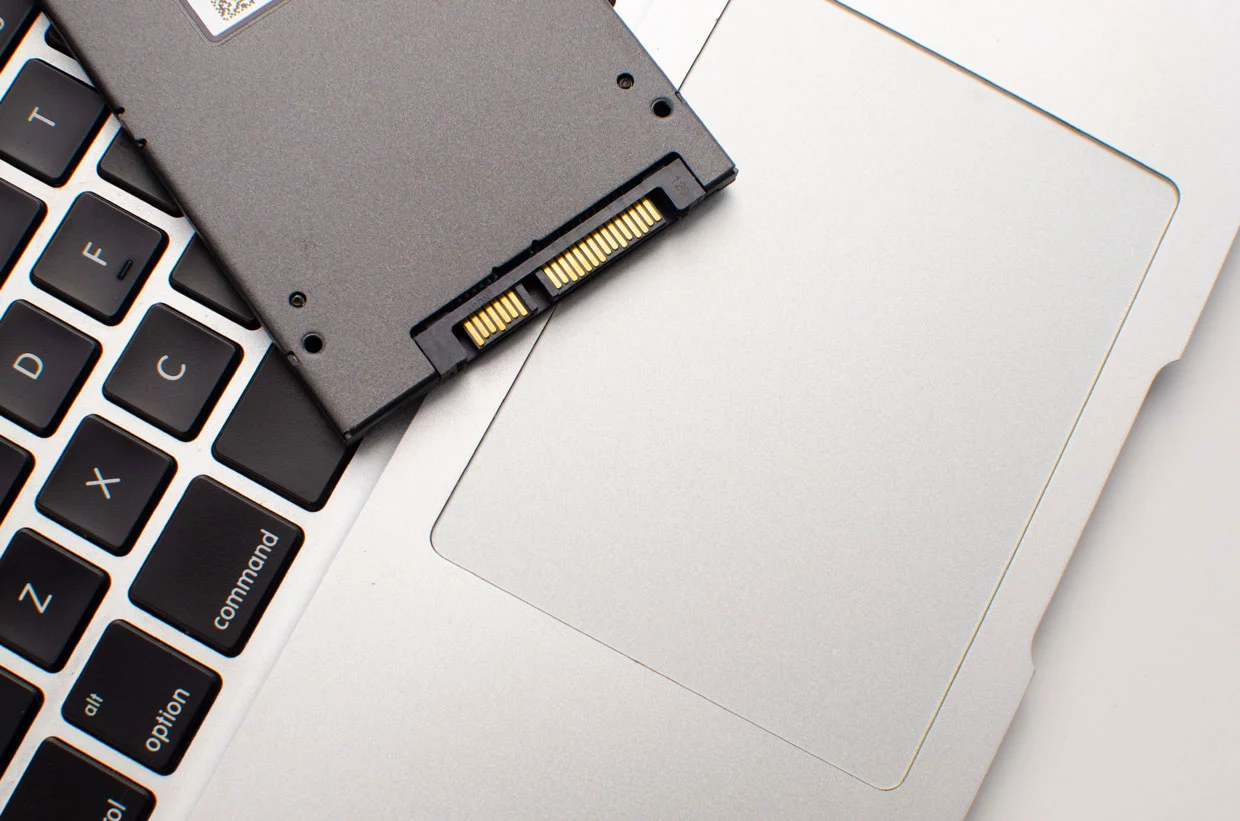
Recover SSD Data
SSDs (Solid-State Drives) have become a popular storage option due to their speed, reliability, and lower susceptibility to physical damage compared to conventional hard drives. However, even with these benefits, SSDs are prone to failures that can result in data loss. Data recovery on an SSD involves specific techniques to deal with different types of failures and preserve the integrity of the information.
What is SSD Data Recovery?
SSD data recovery refers to the process of restoring and recovering lost, corrupted, or inaccessible information stored on an SSD. This need may arise due to hardware failures, software errors, data corruption, accidental deletions, or even natural wear and tear on the SSD over time.
There are different types of SSDs with variations in terms of format, interface and storage technology.
Some of the common types include:
• SATA SSD 2.5": It uses the SATA (Serial ATA) interface, commonly found on laptops and desktops. it features faster read and write speeds compared to traditional hard drives but may be limited by the SATA interface bandwidth.
• M.2 SSD: It can be either SATA or NVMe and refers to the SSD form factor. M.2 SSDs are small and fit directly into M.2 slots on the motherboard, without the need for cables. They come in different sizes and can be found on laptops, desktop computers, and compact devices.
• mSATA SSD: This technology uses a connection to the SATA host controller and applications include netbooks, laptops, and other devices that require a solid-state drive with a small footprint.
• PCIe SSD(AIC): Also known as expansion or high-performance SSDs, these devices connect directly to the motherboard's PCIe slots, providing high data transfer speeds based on NVMe technology.
Types of SSD Failures
SSD failures can occur in several ways:
• Electronic component failures: Problems with NAND memory chips or the SSD's internal controllers may result in data storage or communication failures.
• Wear and Service Life: SSDs have a limited number of write and read cycles, and as they approach the end of their useful life, they can experience performance issues and even complete failures.
• Data Corruption: Data corruption can occur due to recording errors, electrical interference, or even software/firmware failures.
• Accidental Data Deletion: Inadvertently removing files or improperly formatting the SSD may result in data loss.
• Physical Damage or Impacts: Physical impacts, falls and mechanical stress can cause problems with the SSD's internal components, especially the BGA solder balls, which can suffer damage leading to data inaccessibility.
• Weld failure: BGA solder balls can suffer structural failure over time due to thermal stress or the quality of the soldering process itself. This can result in broken or cracked welds, leading to SSD malfunctions.
SSD brands we work with
Some brands of SSDs that we perform Data Recovery for:
We recover data from SSDs made by Kingston, SanDisk, OCZ, Plextor, Seagate, Samsung, KingSpec, Lexar, ADATA, WD, Apple, Corsair, PNY, AMD, ASolid, Patriot, Crucial, and many others.
Do you have an SSD from a manufacturer or OEM brand not listed above? Contact us.
